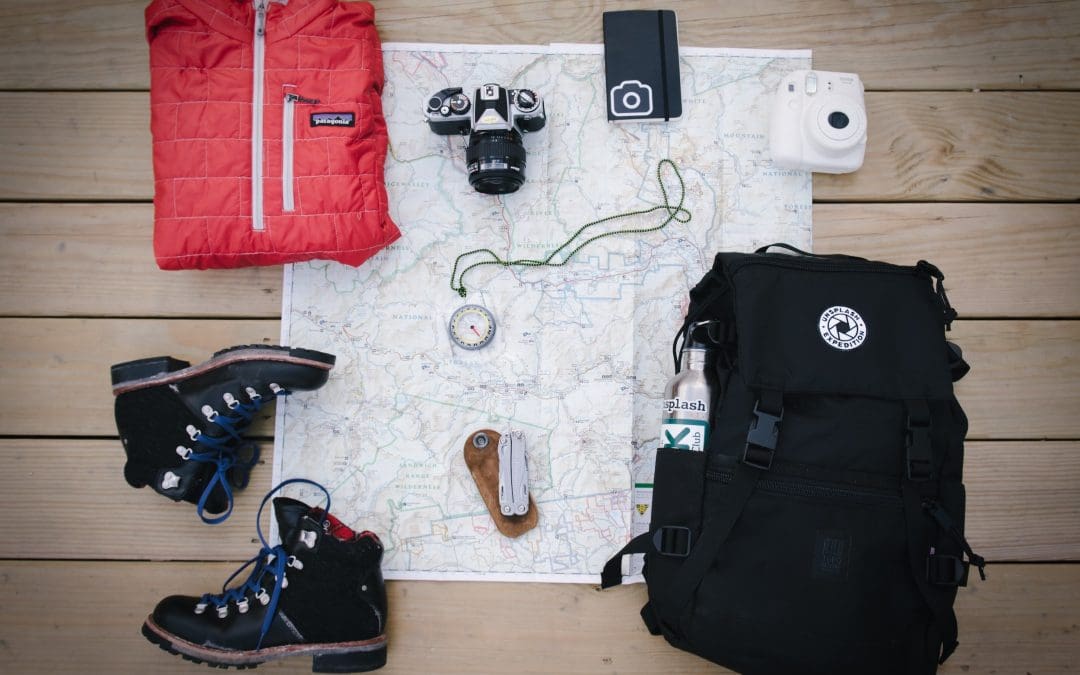As an 11 year old, I joined a trip with our scout group to southern France. We spent a week camping by a river in the Tarn valley, before embarking on a week-long trip that involved 3 days of canoeing down the river, followed by a 3 day hike back to camp.
We had to carry everything with us in backpacks, including out tents, sleeping bags and our food.
The biggest lesson from my 6 years as a scout was the value of preparation. Whether it was packing the essentials but nothing more, setting up a tent (with wooden beams and heavy canvas), cooking your own food outdoors, tying knots, or administering first aid: preparation and practice was everything.
Preparation is one of the best things for your career
At work you find yourself in challenging situations, like a meeting where stakeholders ask you difficult questions, or a salary negotiation that’s not going your way.
Preparation helps in those situations, too.
Take a meeting for example: spend time anticipating possible questions from your stakeholders beforehand. Write them down and add your ideas for how you’d address them. If you’re not sure what to expect, ask a colleague who knows the attendees and can share the type of questions stakeholders will ask.
Collect all these questions in a central list and add to this document over time. Make it a ‘collection of difficult questions’ so you can reuse the content again and again. Share it with your peers, so everyone wins.
Preparation helps with creation
I could not write a weekly newsletter and daily social media posts if I didn’t prepare for them.
My content is always original but it isn’t always created on the spot. In fact, I collect ideas each night while journaling and collate them in a list each weekend. From that list of ideas I create this newsletter and all my social content. It also feeds into potential eBooks and presentations.
Preparation means you don’t have to stare at a blank page. If you get a request at work, take 2 minutes to jot down ideas relating to the request, so that when the time comes to complete the task, you have a small, but important starting point.
Preparation helps you land that job
Yes, every company is looking for talented people, but that doesn’t make the interview process any easier. You still need to convince hiring managers of your talent.
My best advice is to prepare really well.
Research the role and the company before applying, so you can tailor your CV.
When you get invited to the interview, don’t stop at writing down 3 questions to ask. Research role-related interview questions (there are hundreds!), copy the most relevant ones in a document for yourself and answer them in writing.
Pro tip: practice the interview situation with friends or your mentor. It made a huge difference when I applied for my current job. I practiced the individual interview with Andy and then asked him and two of his friends to form an interview panel, assigning them the relevant roles. They asked me tough questions and I was ready for the real thing.
People will notice when you’re well prepared
It’s a joy to work with people who are prepared and anticipate things beyond the obvious.
Make preparation part of your long-term career strategy. There are many small ways to practice and you’ll soon notice the difference.
What will you prepare for today? Let me know by hitting reply. I’d love to hear from you!
Have a great week!
Eva

